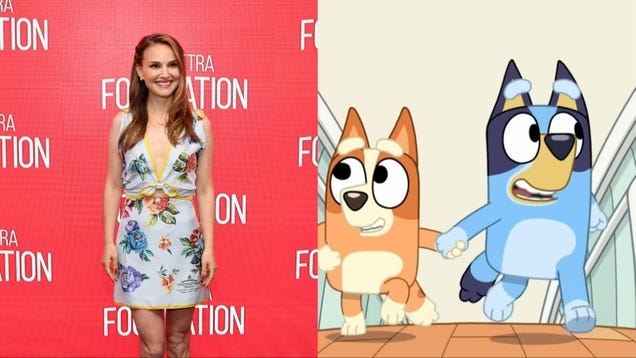So as I mentioned earlier, I finished Lost the other night. Can I say I loved every minute of it? No, I doubt anyone could. Can I say I loved the show overall? Yes, emphatically. It is one of the most original, daring, provocative, and epic shows ever produced for television. Sure, there were a couple of missteps along the way (the meandering beginning of the third season is the most obvious), but the way it all wrapped up was extraordinary, and again, extremely daring. Lost is a show that lets you sit back and take in the story and the characters (all of which were brilliantly acted throughout, by the way) but also makes you think about extraordinarily heavy, philosophical subject matter, especially for network television.
The reason I think Lost feels so epic, and at times unwieldy, is that it attempts to be three completely different things at the same time. It is a mystery show, where there are always as many if not more questions than answers regarding the plot, the characters, and the whole universe it takes place in. It is also a character-driven show, where we get to witness many flawed and complex characters undergo tremendous change and make difficult and costly decisions. And finally, it is a philosophical show, one that asks viewers to consider a fundamental philosophical debate and even ponder a concept as amorphous and heady as the meaning of life. Let's go over each of these ideas.
The mystery aspect of Lost is one that I experienced much less than normal viewers of the show (whom I would guess are the vast majority of viewers), as I started from the origin story (which is the third to last episode in the entire series) and weaved my way through the episode order. Therefore, motivations and even some characters that didn't get discussed or introduced until the final season were with me from the very beginning. Therefore, I was for the most part able to avoid this, although once the show got to the island itself, there were plenty of cliffhangers and mysteries to be had. This to me is by far the weakest aspect of the show, although it is certainly fun to get wrapped up in. But with virtually every episode introducing a new mystery, and with many of them never being answered or revealed, the show was inevitably going to be a bit of a letdown in the end. One could argue that part of the effectiveness of the show was how by taking the perspective of the survivors, and starting in the middle of the story, the viewer would feel just as confused and, sigh, lost as the characters they were watching. This is true, but going through the show chronologically, there were still many mysteries that the survivors encountered that had never been introduced before, and I felt completely immersed and engaged with the characters the entire time. Ultimately, the mystery part of the show was fun but ultimately didn't really pan out to having much relevance to the overall story.
The characters on Lost are rather incredible. To have so many memorable and complex characters in one show is impressive, and the actors were all up to the challenge of making these characters come to life. This to me is the strongest part of Lost; how rich the character development is, and how many wonderful stories there are. I was uniformly impressed by all of the main characters, especially Locke, Desmond, and Ben, and even though there were extraordinary and unrealistic events that happened to all the characters, in the end they all felt remarkably human. Going through the show chronologically allowed me to experience the character development in a more straightforward way than for normal viewers, and I loved it.
Finally, the philosophical debate of Lost. This to me is the biggest reason that Lost was such a daring show. The fundamental debate comes down to science vs. faith, and whether there is such a thing as fate or destiny, and whether we really have free will. While these are cliched topics by now, Lost approaches them in a more serious and thoughtful way than I've ever seen a TV show do. Ultimately, the show is remarkably religious, but in the least proselytizing way possible. By couching the debate in actions and decisions that the characters make rather than through lengthy and heady discussions, Lost is able to make us consider these ideas through example rather than through theory. While the show makes a conclusion as to which side it's on, the way it gets to that conclusion is beautiful and thoughtful, and since the universe Lost operates in is similar to but clearly not our own, the conclusion it comes to makes perfect sense within its own universe. In our universe, the debate does and should rage on, and has been added to by Lost.
Lost is easily one of my favorite shows on television. While it has some flaws, as an overall experience it is unlike anything else I can think of. I highly recommend, if you've never seen it before, to watch the show chronologically like I did, as the strongest parts of the show, the character development and plot, become much more central than they would in the normal viewing experience. The whole flashback gimmick on the show, while original and neat, ultimately doesn't end up having a real point beyond adding to the mystery, so watching it chronologically won't spoil some big surprise the show has waiting for you or anything like that. In the end, Lost is a truly unique and astonishing artistic accomplishment, and one I can't recommend enough, flaws and all.
Subscribe to:
Post Comments (Atom)





No comments:
Post a Comment